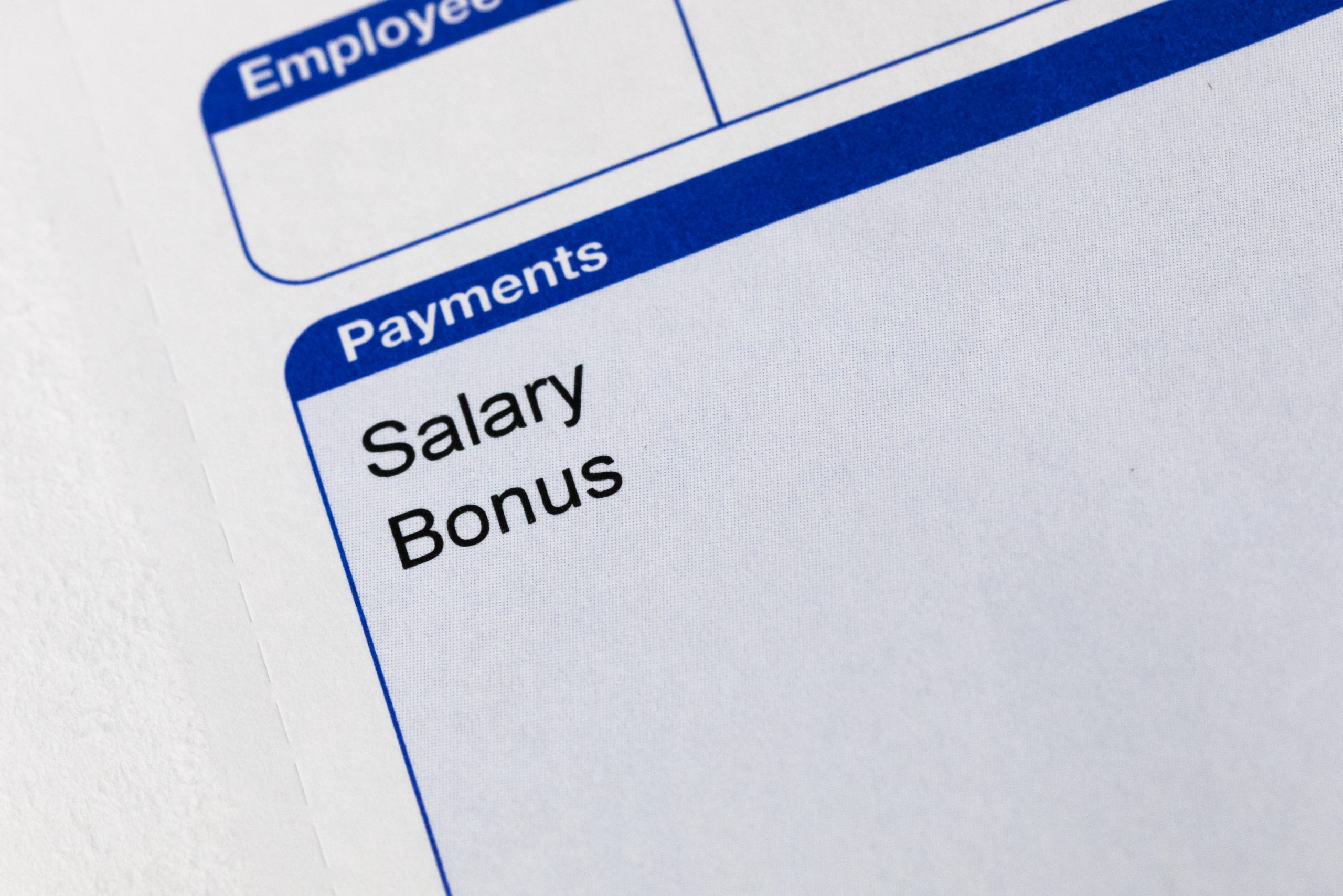Lloyds Bank has identified the biggest scams to watch out for in 2024 after thousands of people hunting online for tickets, cars and pets were tricked into handing over money to fraudsters this year
Fraudsters have targeted Taylor Swift concerts and the UEFA Euro Championships, after purchase scams increased by more than 40% between 2022 and 2023.
Lloyds warned that more than three quarters (78%) of purchase scams start on social media platforms. The bank said that with few checks, no secure payment processes and no financial incentives to protect their users, social media remains “infested with fraudsters”.
Liz Ziegler, fraud prevention director at Lloyds Bank, said: “Fraudsters are constantly on the lookout for ways to scam people out of their hard-earned cash and, if you’re not on your guard when shopping online, you may be their next victim.
“Don’t be fooled into trusting a stranger on the internet to secure a quick bargain. Social media is rife with fake adverts from criminal sellers – if something is in demand and hard to get your hands on from trusted retailers, it’s probably unrealistic to think you’ve found it for half the price on Facebook Marketplace.
“Big life purchases such as a pet or vehicle shouldn’t be rushed, so don’t go for the cheapest price from the first person that messages you on social media. Trust your gut and, if something doesn’t feel right it probably isn’t, so always take time to think about purchases you’re making online.”
The top scams to watch out for in 2024
To protect people from these organised criminals, Lloyds Bank is warning people about the main scams to look out for in 2024.
Holiday scams
In the travel industry, the first Saturday after people return to work in January is sometimes known as ‘Sunshine Saturday’, as traditionally it has been a popular time for people to book a holiday abroad.
Lloyds Bank data shows flight tickets are the most common fake item sold relating to holidays, but it’s not just the idea of flying abroad that lures in trusting victims. The popularity of the ‘staycation’ remains high, with caravan holidays the next most popular holiday scam.
Nearly half of all holiday scams originate on Facebook Marketplace, but these scams can happen through more trusted websites such as AirBnB and Booking.com too.
Lloyds advised consumers to only buy tickets and hotel stays from trusted retailers or, even better, direct from the airline or hotel.
Purchase scams
When it comes to purchase scams, whether it’s for gig tickets, sporting events or a new pet or car, Lloyds is warning people to be cautious on social media as you don’t know if the user or what they’re selling is genuine. A good rule is to only buy things you have seen in person.
If a seller is trying to rush you, or bombarding you with messages, take a step back and question their keenness as this is likely to be pressure selling. Meanwhile, if a stranger contacts you out of the blue with an offer, be on your guard, as reputable sellers don’t need to do this.
Lloyds said the safest way to shop online is to buy from trusted and recognisable retailers and always use your debit or credit card when you shop online as this helps to protect your money should something go wrong.





